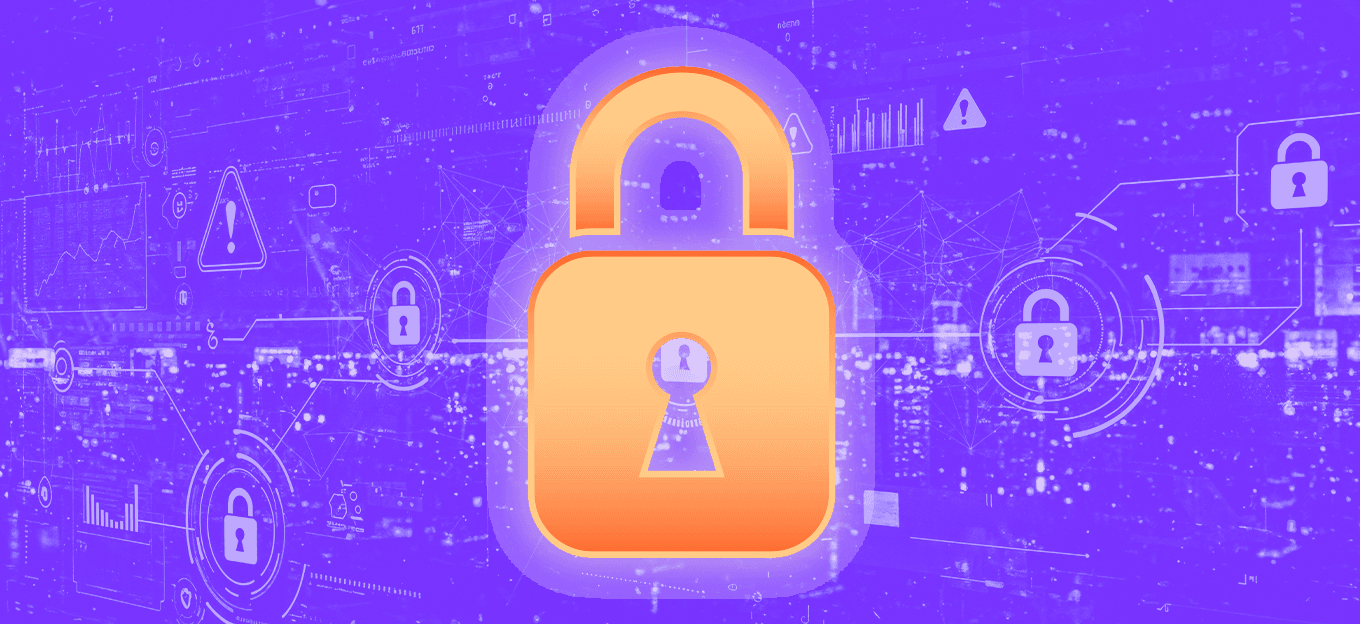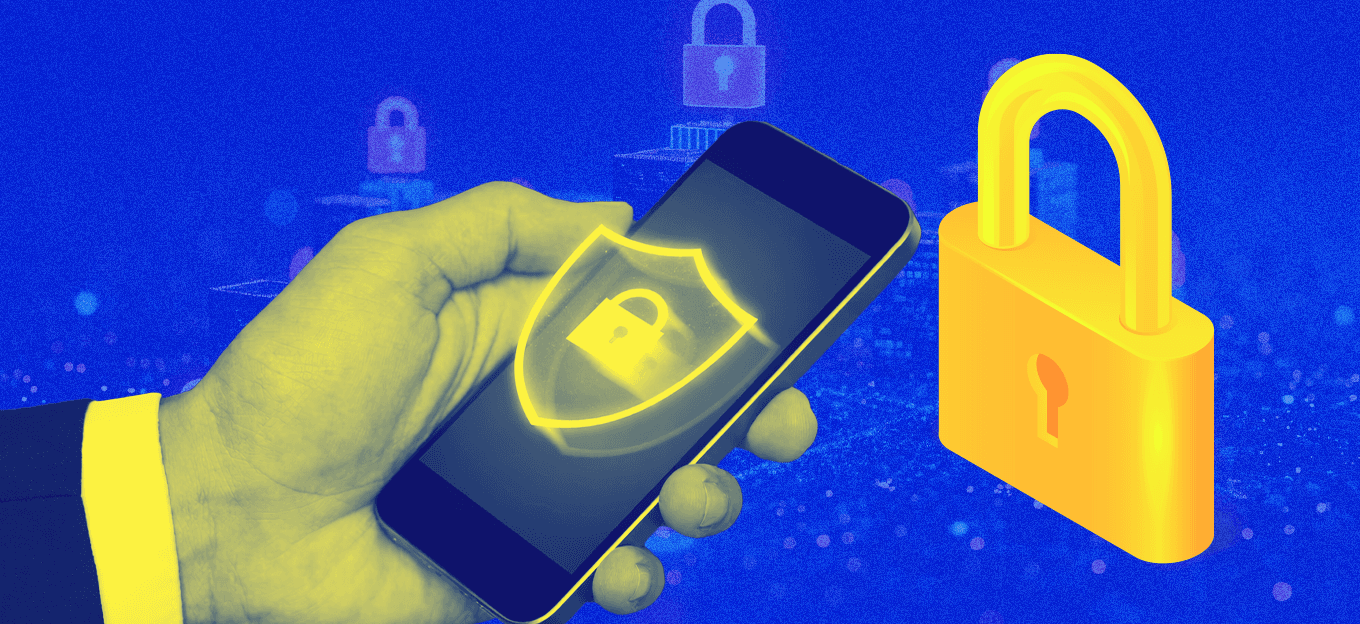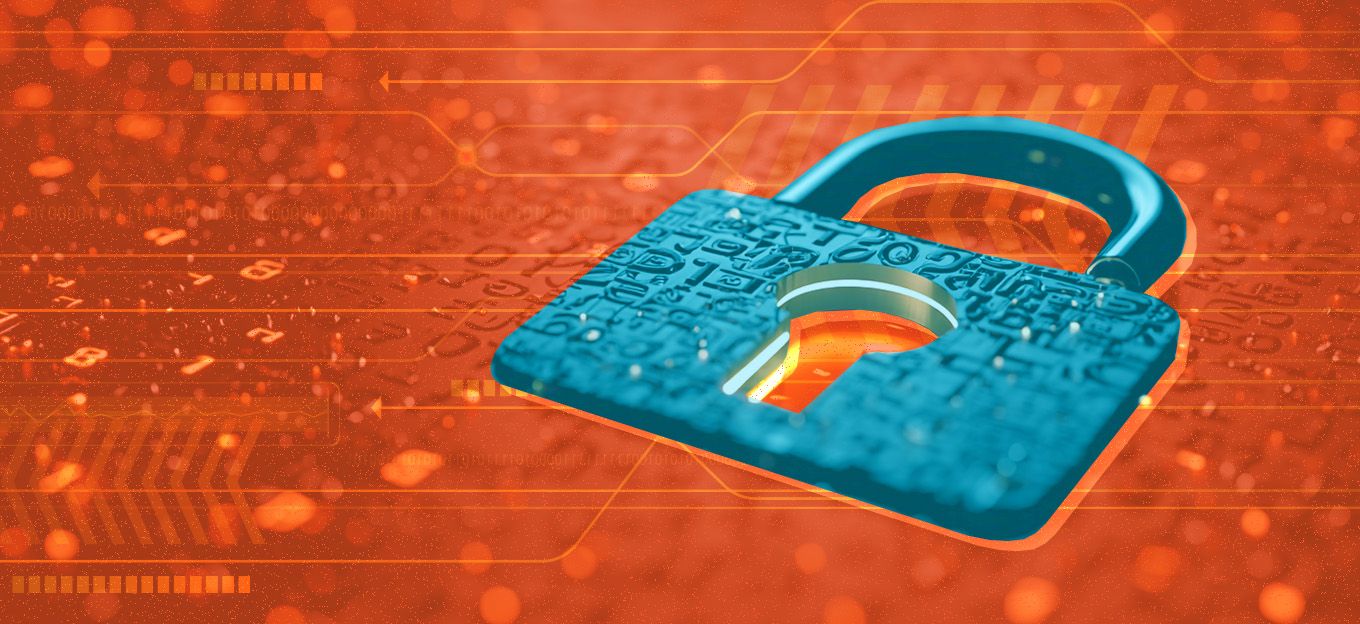IoT Security at Home
IoT Security at Home
- Last Updated: December 2, 2024
Red Alert Labs
- Last Updated: December 2, 2024



IoT devices aim to make our lives easier, more enjoyable and give us unprecedented control over many functions and aspects of our home right in the palm of our hands. Virtually any electronic device can be connected from TVs, security cameras, smart locks, smart thermostats, and the list goes on. The problem is that the majority of end-users aren’t aware of the trust and security issues that revolve around IoT devices.
Most devices are still poorly secured and vulnerable to cyberattacks. The security of the connected devices in your home is only as good as the weakest link.
Gadgets that are always on and listening, like Amazon’s Alexa, or connected smart-bulbs that have no security protocols, provide no guarantees as to who is listening on the other side. The possibility of whether someone will be able to hack your home network through smart devices is an increasing concern for consumers.
Fishgate
An excellent example of how unsecured IoT devices allowed hackers to make off with valuable data, happened two years ago at a North American casino. Hackers infiltrated the casino’s network through a lobby fish tanks’ IoT device designed to automatically adjust temperature and salinity and stole over 10 gigabytes worth of high-roller data. The IoT device in question was no different than, say, a smart-thermostat you would use in your home, and attacks like this demonstrate that these devices are seriously lacking when it comes to security. How safe are they in your home?
Weak Link
The Internet Society France Chapter was set up to create awareness about the security risks that IoT devices pose. The society has said not enough is being done to strengthen the security and privacy of connected devices. In the meantime, the number of IoT devices is increasing and is expected to reach 20.4 billion globally by next year.
Most devices are still poorly secured and vulnerable to cyberattacks. The security of the connected devices in your home is only as good as the weakest link.
Many unsecured IoT devices like smart bulbs, CCTV cameras, alarm systems, or even baby monitors, connect through a smart app on a mobile device. Even though they aren’t directly connected to other devices you may be using in your home, the fact that they’re on the same network, when it comes to a hacker gaining a foothold on your network, these unsecured IoT devices are an easy entry point.
Protect Yourself
Easily hackable devices expose owners to a range of security nightmares; chief among them is access to your wireless network. Some devices connected to your network will store Wi-Fi passwords insecurely, allowing a hacker to gain access to that smart device to get your password and potentially see everything you are doing online. It's important to class your Wi-Fi router like the front door to your smart home. Make sure it’s using the latest software, has the strongest security protocols (like WPA2) and you’ve used a unique and complex password to protect it.
Another solution is to have your IoT devices on one network (connected to a separate router) while your computers and mobile devices are connected to a separate network. This way, any less than secure IoT devices are not connected to the same network. Finally, use a VPN. Many higher-end routers will have this feature and we strongly recommend using it. Otherwise, software VPN like ExpressVPN or NordVPN is a good solution to mask your IP address and encrypt all your network data.
Knowledge is Power
As aforementioned, security is of the utmost importance when it comes to IoT devices, and with these connected devices becoming omnipresent in our homes, educating yourself on the security implications can go a long way towards protecting your home. Online courses on IoT security and privacy are plentiful.
The courses listed by IoT Tech Trends include dynamic courses from providers like Coursera, IoT Security Foundation and Udemy. The courses vary from basic to more advanced and for the most part, are provided online. Udemy’s IT security courses come from experts around the world with specialists from the U.S. and Germany providing their expertise. So, if you’re using IoT devices in your home, it will definitely help to learn their inner workings and how to better protect your home.
The Most Comprehensive IoT Newsletter for Enterprises
Showcasing the highest-quality content, resources, news, and insights from the world of the Internet of Things. Subscribe to remain informed and up-to-date.
New Podcast Episode

IoT in 2026: Trends and Predictions
Related Articles
The $240 Billion Shield: Navigating the Global Cybersecurity Surge of 2026
January 22, 2026

Securing the Mobile IoT Workforce: Why Enterprise Mobile Security Is Critical Infrastructure
January 14, 2026

Why AI Risk Visibility Is the Future of Enterprise Cybersecurity Strategy: Q&A With Srikanth Ambatipudi
January 2, 2026

